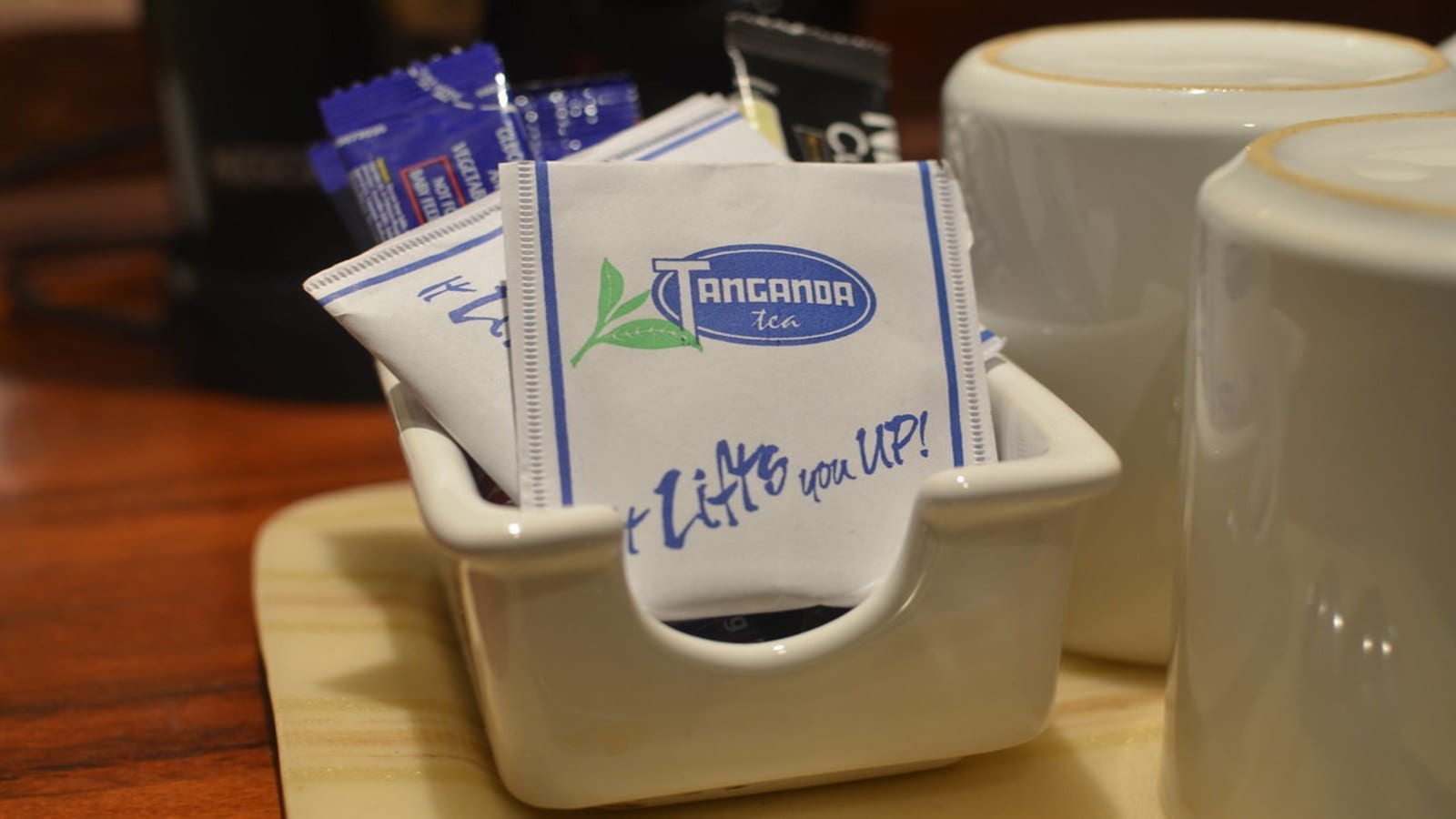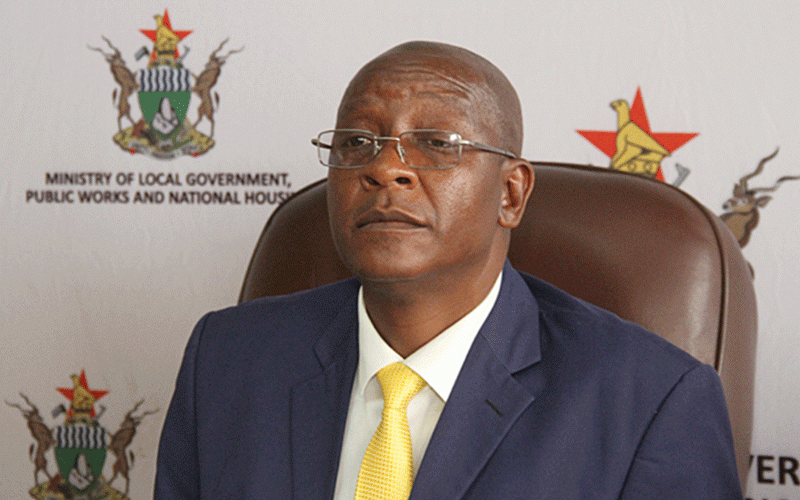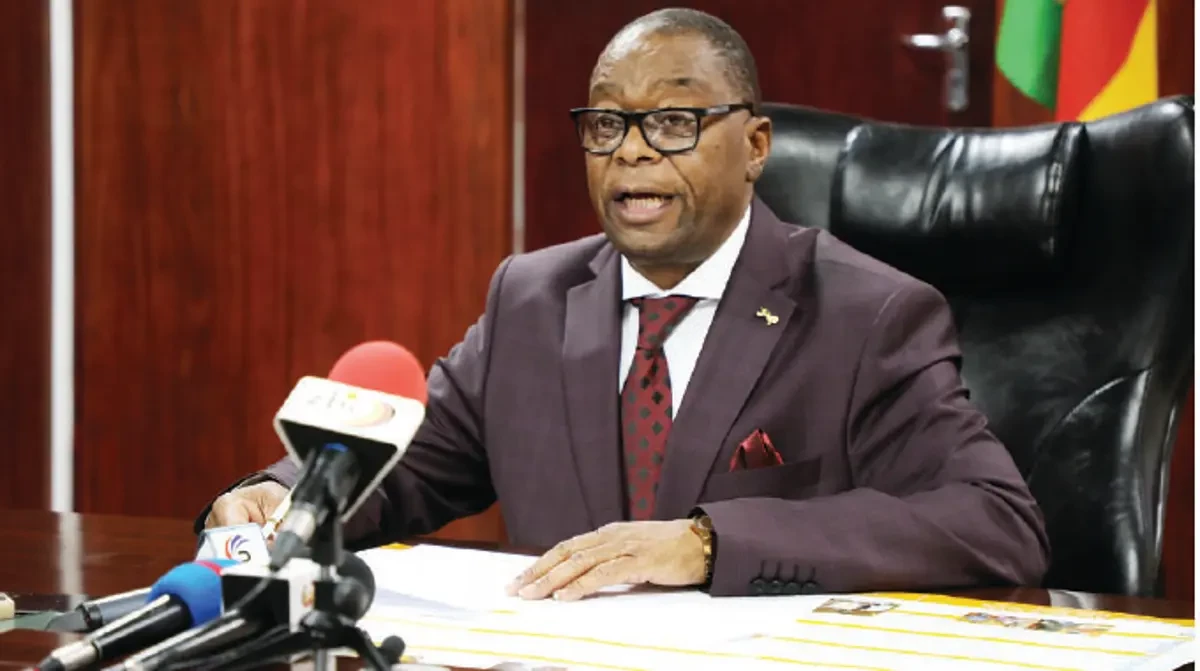
BY FIDELITY MHLANGA TANGANDA Tea Company relisted on the Zimbabwe Stock Exchange (ZSE) last week, hinting that it was looking at developments on the forex-spinning Victoria Falls Exchange (VFEX), with a view of trading its stock on the waterfall.
In was good news for a bourse that has operated for over a year with only four counters.
The message that Tanganda sent was that there is still hope for new listings at VFEX following its disappointing first year, which was mostly characterised by intentions to list, rather than real action by companies.
Caledonia Mining Corporation, Padenga Holdings Limited, Bindura Nickel Corporation and Seed Co International are the four firms currently trading their stock on VFEX, benefiting from a range of incentives offered by the new bourse, which began trade in October 2020.
With four companies having listed on the bourse, questions have been raised as to whether the forex-spinning entity is on course to attract more companies.
Perhaps potential listings are edgy about the idea of listing on the VFEX, given how it was established — the idea of establishing southern Africa’s newest stock exchange came after government forced three major fungible counters to de-list from the ZSE under a litany of politically-motivated accusations.
Still, trading statistics on the VFEX, which had a US$254,5 million market capitalisation recently, appears to demonstrate that beyond the frustrations of politics, it has the potential to raise the foreign currency that counters require to run their operations. But as Tanganda chief executive officer Timothy Fennell said recently, there are still pockets of uncertainty in some investors’ minds. The Tanganda CEO said his board had opted for the ZSE first, while studying liquidity trends on the VFEX, before deciding.
Tanganda relisted after an unbundling process by its parent, Meikles Limited, first announced in March 2021.
- Chamisa under fire over US$120K donation
- Mavhunga puts DeMbare into Chibuku quarterfinals
- Pension funds bet on Cabora Bassa oilfields
- Councils defy govt fire tender directive
Keep Reading
“It was considered (listing on the VFEX) but it was decided by the board that for the time being we would stick with the current stock exchange. But, going forward, we may consider it,” Fennell told NewsDay Business.
The VFEX is expected to drive domestic and international investment, key enablers to the attainment of an upper-middle income economy by 2030, as envisioned by President Emmerson Mnangagwa, who officially opened the bourse in December last year.
Leading economist Victor Bhoroma agrees.
In an interview with Weekly Digest last week, Bhoroma said while the bourse had potential, there were a number of issues dissuading companies from flocking to list on the exchange.
“I wouldn’t say VFEX is coming to life,” Bhoroma said.
“I think what most of the companies listing there are going for the incentives, especially in terms of export retention for miners. So, the listings there are driven by the current strict exchange control regime that we got. So, any incentives that companies can be able to get are driving companies to list. The potential is there but there are a number of issues that concern investors such as repatriation of dividends and the uncertainty in terms of currency that we have in the country. Those issues can affect VFEX. But it’s good that companies are starting to list and there are some activities now,” Bhoroma added.
The dividend repatriation crisis is a real concern for foreign investors.
In April last year, Caledonia’s top executives raised issues over this hurdle, citing acute foreign currency shortages stalking the economy.
The New York Stock Exchange-listed Caledonia controls 64% shareholding in the Gwanda-based Blanket Gold Mine, with the remainder owned by a community share trust and the Zimbabwean government.
“In February 2020, the situation in terms of repatriation of dividends and management fees for us was okay, but it is no longer the case,” Caledonia said.
Investment analyst Enock Rukarwa said investors with United States dollar liquidity had started trading on the VFEX platform, but concerns around the settlement of US$ transactions and general market liquidity continue to hinder growth and development of this market.
“The bulk of local investors’ capital is denominated in Zimbabwe dollars. Liquidity may remain thin in the short to medium term, especially in the absence of foreign investors. As a way to address this bottleneck, restoration of confidence of both domestic and foreign investors in our financial markets is of paramount importance. Despite these challenges, opportunities for potential listings for securities such as Real Estate Investment Trusts (REITS), Exchange Traded Fundsand Depositary Receipts remains wide and ready,” Rukarwa told Weekly Digest.
VFEX, a subsidiary of the ZSE, established to kick start the Offshore Financial Services Centre (OFSC) for the special economic zone in Victoria Falls, was established through Statutory Instrument 196 of 2020.
The bourse provides for non-resident companies to list on the VFEX provided that capital raised by the company is from an offshore source.
To shield investors from exchange control risk, the statutory instrument provides that all clearing and settlement of transactions on the VFEX shall be done either locally or offshore in terms of clearing and settlement rules to be approved by the Zimbabwe Securities and Exchange Commission in consultation with the Reserve Bank of Zimbabwe.
Its trading currency is the United States dollar.
As such, dividends will be paid in US$ or any other convertible currency.
Listing on the VFEX comes with a number of benefits to investors which include ability to raise capital in hard currency, with US$ as the trading and settlement currency ideal for largely export-oriented companies and also for mining entities where hard currency is required.
Other benefits include ability to use different securities to raise capital — debt, equity, exchange-traded funds and real estate investment trusts, and flexible exchange control requirements.
Easier remittance of disinvestments and dividends since there is no need for exchange control approval and lower trading fees which may lead to improved liquidity, are some of the benefits.
The exchange is also one of the many initiatives being implemented by government to stabilise the economy and attract foreign direct investment.
Mnangagwa said at the launch of the VFEX that his government would continue to improve the ease of doing business to lure foreign direct investment and listings on the VFEX, as well as to put in place necessary frameworks and mechanisms to consolidate investor confidence and deepen the country’s financial markets.
- This article first appeared in Weekly Digest, an AMH digital publication











